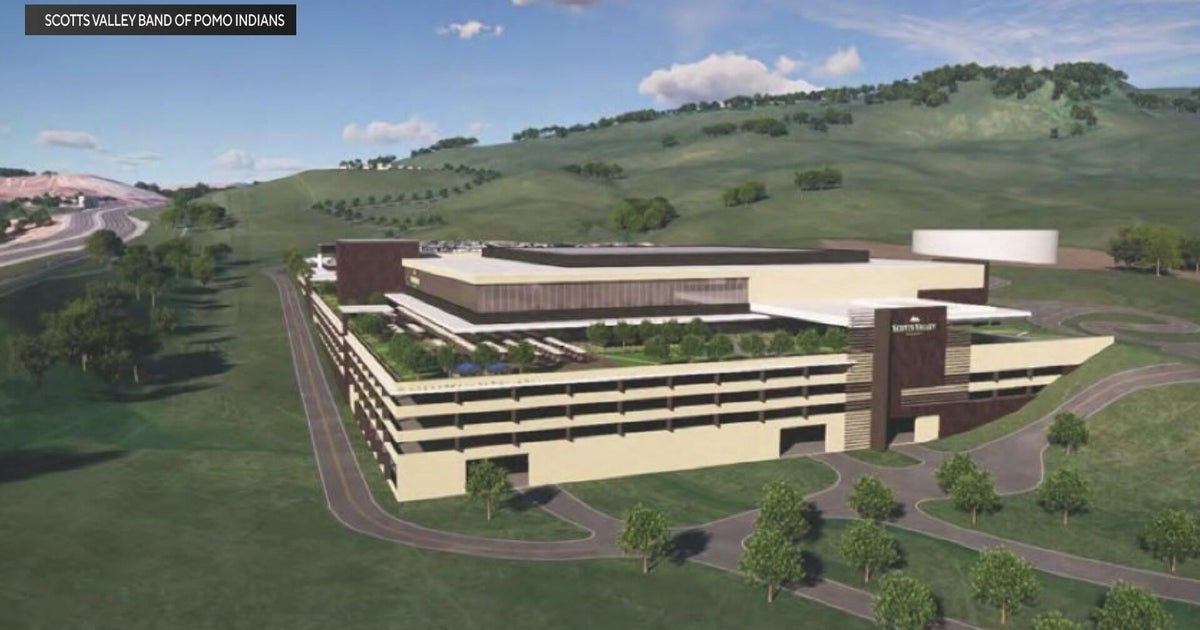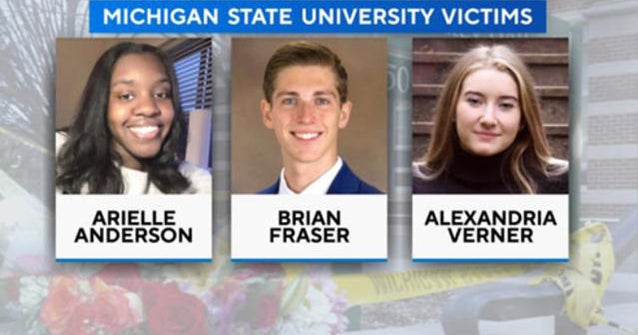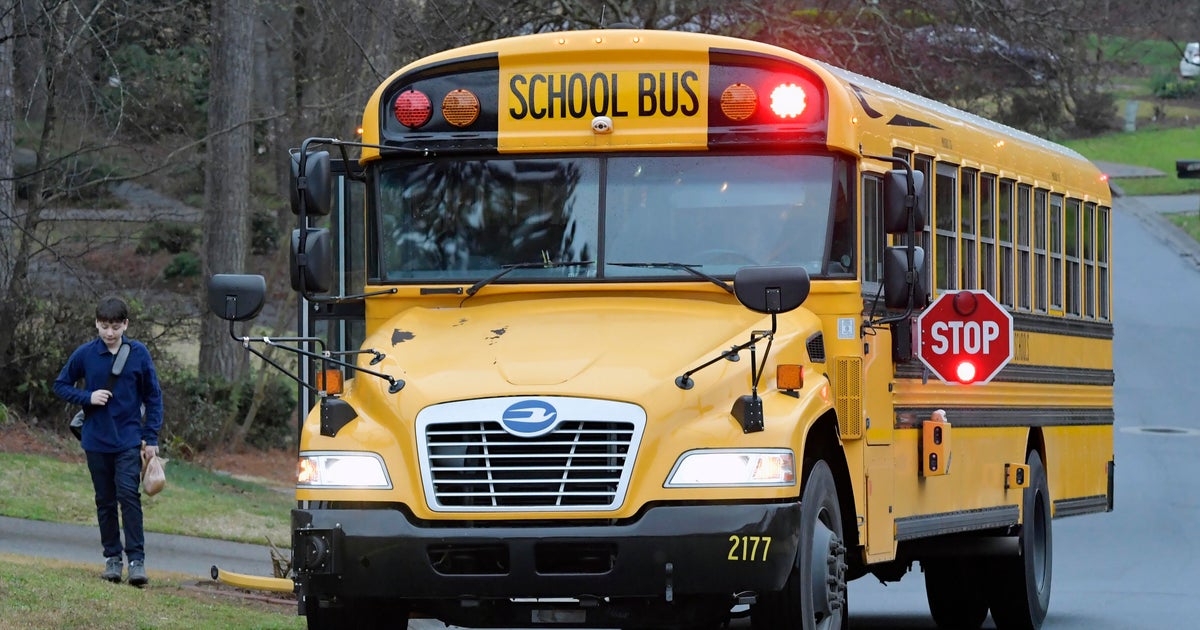Wait Over For Some Uninsured; Law's Effect Unclear
By David Eggert, Associated Press
LANSING (AP) - The four-year wait is nearly over for uninsured Michigan residents needing medical insurance through the 2010 federal health care law.
But when coverage kicks in starting Wednesday, it will be many more months or even years before a clear picture emerges of the law's impact in the state.
At most, just tens of thousands of residents will have picked a plan from the new federal health insurance marketplace in time for coverage in January. Many more will wait until getting closer to the end of open enrollment in three months, when many risk being fined for not having insurance.
And hundreds of thousands more newly eligible Medicaid recipients will have no choice but to wait because Michigan lawmakers delayed steering more poor and near-poor adults to the program until April. Medicaid enrollment then will be year-round.
Experts caution against reading too much into early enrollment numbers, citing the flawed insurance website that is working better -but which still has problems - and people's inclination to procrastinate or take their time when choosing a product costing potentially thousands of dollars a year. The Medicaid expansion postponement also has prevented the state and counselors from actively adding new enrollees in conjunction with the launch of the exchange.
"For the program ultimately to be a success, people who are currently uninsured and eligible for this coverage need to sign up. I don't think that needs to happen in the first year," said Larry Levitt, a senior adviser at the Kaiser Family Foundation.
He noted that past government expansions of health insurance didn't happen overnight.
When Congress 15 years ago created an insurance program for children whose families can't afford private coverage but make too much to qualify for Medicaid, nationwide enrollment quintupled from fewer than 1 million initially to 3.3 million two years later. It now covers more than 8 million kids.
"This isn't a sprint, it's a marathon," said Erin Knott, Michigan director for Get Covered America, a nonprofit group helping to spread the word about President Barack Obama's health care overhaul.
Just like people don't choose a new car during their first visit to the dealership, she said, people will take their time finding a health plan.
"February is going to be a really busy month," Knott said.
Still, the botched rollout is raising questions about how many people will sign up in year one. More than 1 million Americans enrolled through the first three weeks of December, but the Obama administration's own estimates called for 3.3 million to enroll by Dec. 31. The administration also recently offered a one-year hardship exemption from tax penalties to Americans whose private coverage was canceled because it did not meet the new law's benefit requirements.
In Michigan, roughly 450,000 additional residents could have insurance in 2014, according to an outside estimate, most through Medicaid. Within five years, Michigan's uninsured rate may drop in half to 6 percent.
Michigan fares well compared with other states on the portion of its residents with insurance, ranking 39th-lowest at about 12 percent. But because it's a big state, it still has more than 1 million uninsured, 12th-most in the country.
That's a concern for advocates and insurers who watched the Legislature refuse to build a state-run market website or partner with the federal government on one. As a result, Michigan lost out on millions of dollars that could have been used for consumer outreach and assistance.
It's not so much an issue for people with pre-existing conditions who've been motivated to shop for cheaper coverage because the law prohibits insurers from charging consumers different rates due to health status or gender. The "sicker" people were always likely to join the pool sooner.
Diane Kay, a 33-year-old self-employer lawyer from Brighton, will have insurance beginning Wednesday for the first time since 2007. She said she couldn't afford $1,000-plus monthly premiums for a substandard plan because of a pre-existing condition yet now will pay about $175 a month.
"I'm relieved," said Kay, who's still dealing with medical bills that topped $100,000 for a hospitalization when she was unemployed in the past.
She couldn't create an account when she visited the federal healthcare.gov website in October but was able to enroll in 30 minutes after trying again in November.
"I've always had faith that it was at some point going to work," Kay said. "I felt like I needed to have patience."
A key is to what extent younger, healthier people sign up in the new year.
Insurers need them to subsidize the coverage they give older or sicker customers. Americans in their 60s generally use about $5 in health care for every $1 used by those in their 20s, but the law limits insurers to collecting $3 in premiums from that 60-year-old for every $1 they collect from a 20-something.
So far it's unclear if outreach messages are persuading the "young invincibles" to sign up.
"We know it's going to take two to three, sometimes four to five conversations with folks. Insurance is complicated," Knott said.
Federal tax credits will help make premiums more affordable for households earning between 100 percent and 400 percent of the poverty line. That's about $11,500 to $46,000 for an individual, roughly $23,500 to $94,000 for a family of four.
Those earning up to 133 percent of the poverty level can qualify for Medicaid in about three months. Michigan now covers childless adults earning up to 35 percent of the poverty level.
"There's going to be a group of people who have little experience with enrolling in private health insurance. And they're going to need a little more handholding to make it through the process," and Jennifer Tolbert, director of state health reform at the Kaiser Family Foundation.
"So making sure that there are people on the ground, enrollment assistors, who can provide that level of assistance is going to be really important in the next few months. ... I'm a little concerned that in states where there's a federal marketplace that these assistors may not be quite as available to the degree that's needed to get people enrolled."
© Copyright 2013 The Associated Press. All Rights Reserved. This material may not be published, broadcast, rewritten or redistributed.







